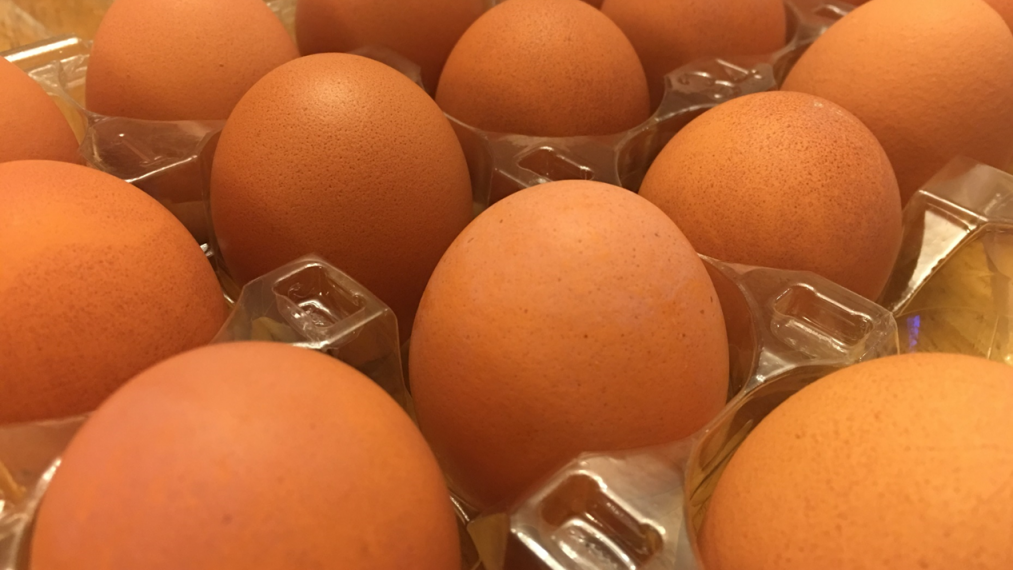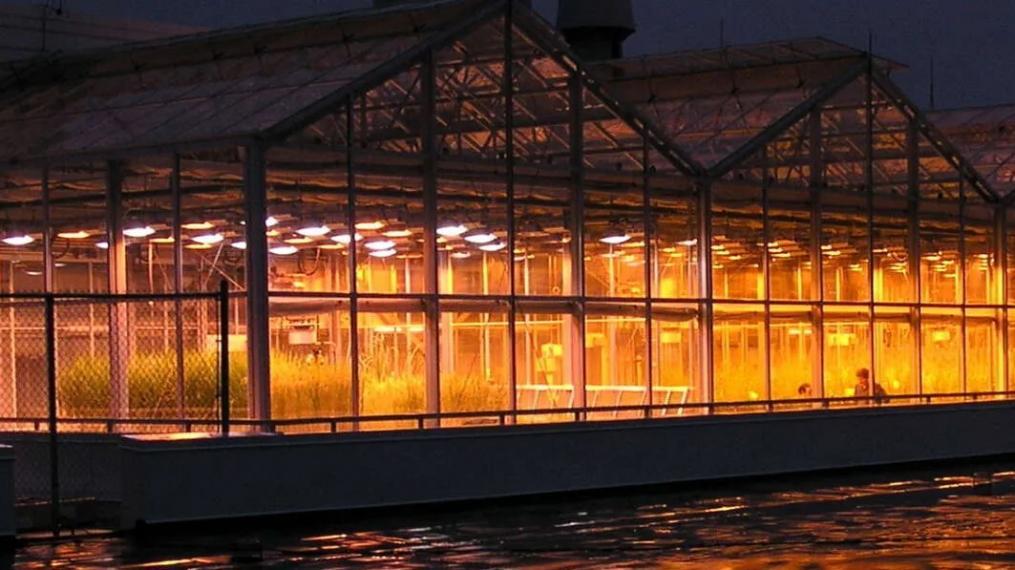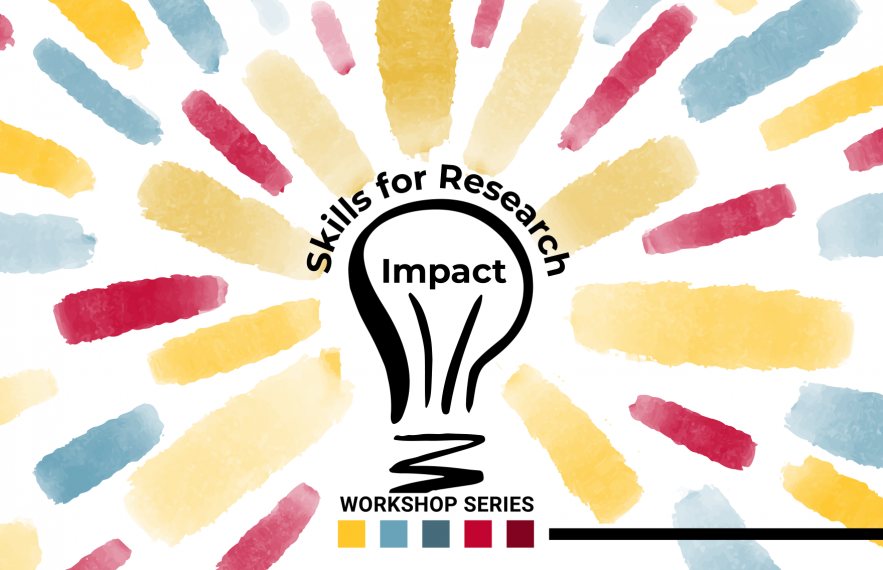
U of G researchers apply new method for detecting Salmonella bacteria
New University of Guelph research has been shown to improve existing surveillance measures for preventing Salmonella outbreaks.

New University of Guelph research has been shown to improve existing surveillance measures for preventing Salmonella outbreaks.
At the 2023 Ontario Agricultural Conference, Sikkema talked about keeping soybeans weed-free and how to deal with herbicide-resistant fleabane and waterhemp in corn and soybean.
Read the articles on Farmtario:
What do a chicken, a cow, an octopus, a dog and a cat have in common? All were a part of this year’s American Veterinary Medical Association (AVMA) animal welfare assessment contest, with University of Guelph competitors walking away with multiple wins and top-five finishes.

Alliance-funded research has led to the development of a model that will help growers reduce energy use thanks to technology. The model, which has been tested in six greenhouses (mostly in Essex county), means researchers can test scenarios before they are implemented at the farm level, potentially reducing the risk to farmers.
Read the full article on the U of G news site: U of G Research Makes Growing Greenhouse Industry More Efficient
In 2020, U of G researchers conducted a study to find out if and how the province's Guidelines on Permitted Uses in Ontario’s Prime Agricultural Areas publication was being implemented.
He explained that transmission is airborne, and that bird flu could mutate to spread from human to human. Read the article on CBC News: How deadly bird flu sparked explosive outbreaks in 2022 — and why it matters for global health
Sharif receives Alliance funding to study control strategies for avian influenza virus.
The software was originally used to identify and monitor Twitter posts about avian influenza, a viral infection that can kill chickens and cause severe economic losses for the poultry industry.
As reported on hortidaily.com, a team of graduate engineering students from U of G, led by engineering professor Dr. David Lubitz, will be collecting data from the owner and head grower for a passive solar year-round greenhouse in Ottawa. Rob Lyle's HighYield™ greenhouse will be part of a larger study of commercial greenhouse efficiency throughout Ontario, Canada.
Like people using fitness trackers, more and more dairy farmers are using automated activity monitors as an important part of herd reproductive management. Dr. Stephen LeBlanc, a professor at the Ontario Veterinary College, and PhD candidate and Dairy Farmers of Ontario (DFO) doctoral scholar Tony Bruinjé studied more than 1,300 cows in two commercial dairy herds to investigate the link between a cow’s post-partum health and the likelihood of detecting estrus by activity monitors for first breeding.

These free online sessions for faculty, staff and students will help you enhance the impact of your research. From engaging stakeholders to visualizing data to podcasting, these workshops will help you engage non-academic audiences. Learn more about each session and register here: Skills for Research Impact